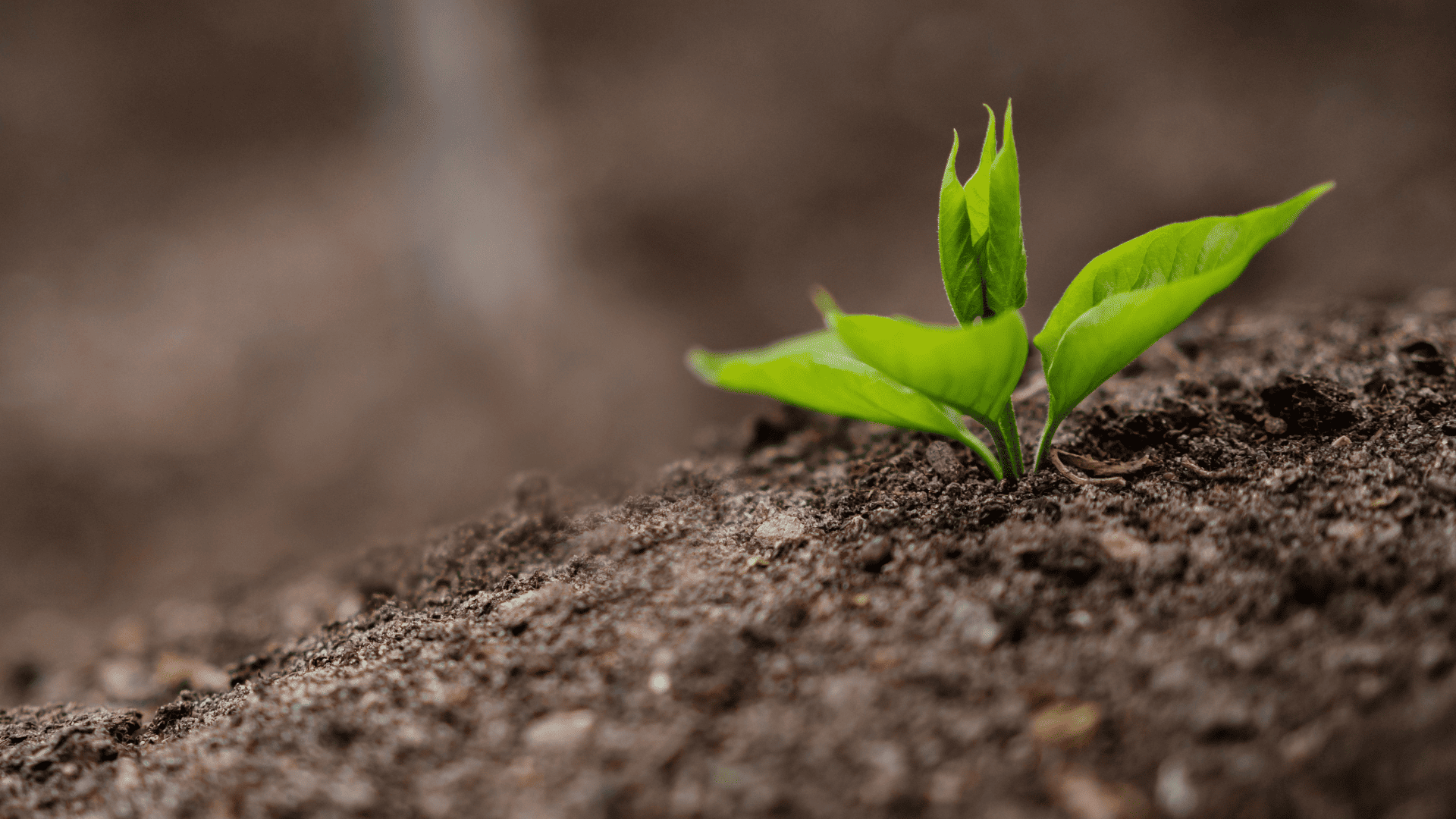In a major step towards creating a circular economy, Portugal has officially classified digestate — a nutrient-rich coproduct of anaerobic digestion (AD) — as a ‘by-product’ instead of ‘residue’. The change, announced in the Portuguese Diário da República at the end of May 2025, sets a precedent that could ripple across Europe.

Image source: Getty Images.
For a product to be considered a “by-product”, the following conditions must be met:
- It is intended to be used for specific purposes;
-
there is a market or demand for it;
-
it fulfils the technical requirements for the specific purpose and complies with product legislation and standards;
-
its use does not have an overall adverse impact on the environment or human health.
From a legal standpoint, this means that digestate can now be legally used as fertiliser in Portugal without being subject to waste management constraints, streamlining its application in agriculture and closing a key loop in the biogas value chain.
Why is this decision important?
AD transforms organic waste — such as manure, food waste and wastewater sludge — into biogas and digestate. While biogas has multiple applications — including electricity and heat generation, use as a vehicle fuel, injection into the gas grid, or as a feedstock for producing refined green fuels — digestate also plays a vital role. It contains essential nutrients such as nitrogen, phosphorus and potassium, making it a powerful biofertiliser.
However, in much of the EU, digestate is still legally classified as a ‘residue’, which means it must undergo additional (often costly and bureaucratic) permitting to be applied to land. This classification undermines its value and contributes to project delays — for instance in countries like Spain, where permitting challenges are already significant.

Image source: Pexels.
Portugal’s decision helps unlock the full circular potential of biogas, offering a multiple benefits:
- Environmental: Reduced reliance on synthetic fertilisers, lower emissions from waste management, and improved soil health.
-
Economic: Lower operating costs for biogas producers — since as a residue digestate would require compliance with specific regulations for transport, storage and application, including pasteurisation — and stronger incentives for agricultural stakeholders to adopt AD solutions.
-
Social: Farming industry further development with the support of constant and reliable fertiliser production.
The situation in Spain
Neighbouring Spain is currently grappling with a slow and complex biogas permitting system, with only 11–12 biomethane plants currently connected to the gas grid plants connected to the gas grid and 10 more expected soon. Yet many projects are stalled — not only due to red tape, but because digestate continues to be treated as waste, limiting its agricultural use and economic viability.
Moreover, public opposition to biogas in Spain — partially linked to fears of industrial farming (“macro granjas”) — has led some provinces to impose stricter regulations, creating an uneven playing field that discourages investment.
Portugal’s move shows how regulatory clarity can build confidence, improve public perception, and accelerate investment. The Portuguese decision aligns with the EU’s REPowerEU roadmap, which calls for a rapid expansion of biomethane production to reduce dependency on fossil fuels and imported gas.
Prospects for the EU and the world
Portugal’s classification of digestate could serve as a model for other EU countries and beyond, as recognising digestate as a bioresource rather than waste can:
- simplify permitting procedures for biogas projects;
-
encourage circular agricultural practices;
-
unlock rural development opportunities:
-
boost investor confidence in green energy infrastructure.
Source: World Biogas Association.